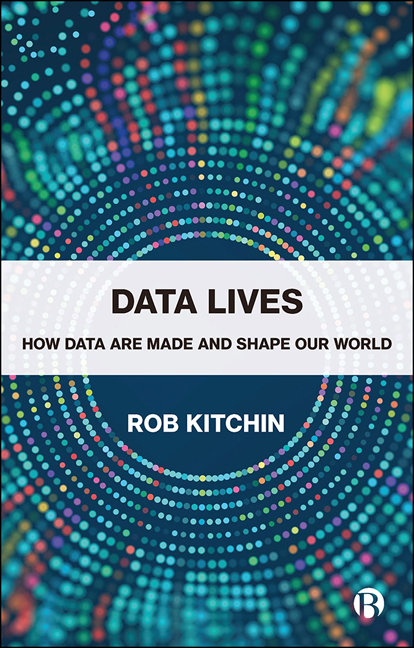6 - How to Lose (and Regain) 3.6 Billion Euros
Published online by Cambridge University Press: 05 January 2022
Summary
The Assistant Secretary couldn’t help feeling like a schoolboy every time he entered the General Secretary’s office. The man was perfectly polite, but in a way that made it clear where power resided. And one didn’t get to be head of the Department of Finance without knowing how to protect one’s position or the most effective way to stick a knife into a colleague. Arguably it was the most powerful post in the civil service, controlling the purse strings for every cent of public sector spend in the country.
The great man had made a show of staring at the spreadsheet. Now he slowly raised his gaze. ‘Three point six billioneuros?’
‘That’s correct,’ the Assistant Secretary confirmed, resisting the temptation to look away.
‘You’re telling me, Peter, that the Department – ourdepartment, lost three point six billion euros?’
‘Well, gained it really. We double counted it.’ Even to his own ears his repost sounded weak.
‘Except it was debt. So, we double counted the debt. We doubled how much we owe.’
‘Yes.’ Peter tried to inject a bit of positivity into his voice. ‘But by finding it, we reduce government debt by 2.3 per cent.’
He really wanted to run a finger round his collar. This whole mess could be career-ending. Right at the point where the Gen Sec in Agriculture would soon be retiring. The vacant post would be the perfect opportunity to step up to the top table. Besides, the buck should stop with his boss; he was ultimately responsible for everything that happened within the Department.
‘Two point three per cent. God, Peter, that’s huge.’ The General Secretary’s frown deepened. ‘And all because of a spreadsheet error by a staff member in yourdivision?’
Peter inwardly cursed. The old bastard.
‘It was a relatively simple mistake to make. The accountant wasn’t sure how to classify a loan to the HFA from the NTMA. They’d assumed that it might be adjusted for elsewhere in the GGD calculations. It wasn’t. So it appears twice in the national accounts, once as an asset for the NTMA and once as a liability for the HFA.’
‘A data entry error then,’ the General Secretary conceded. ‘Why wasn’t it picked up by their line manager? How come it never worked its way up to you?’
And there was the knife. Slid delicately between ribs.
- Type
- Chapter
- Information
- Data LivesHow Data Are Made and Shape our World, pp. 45 - 50Publisher: Bristol University PressPrint publication year: 2021

